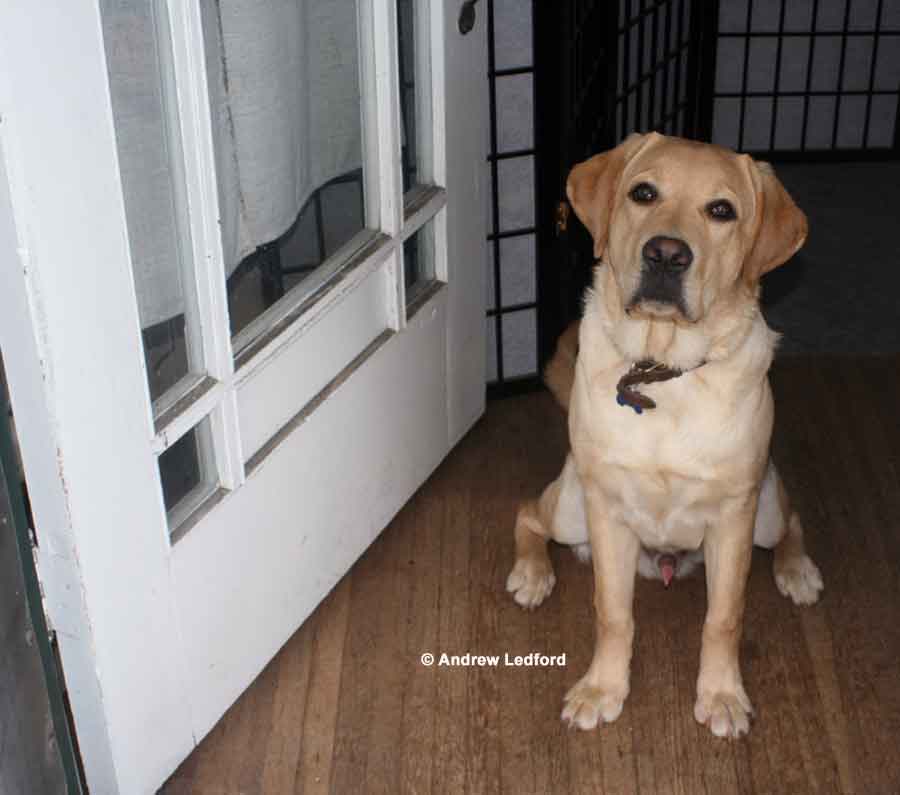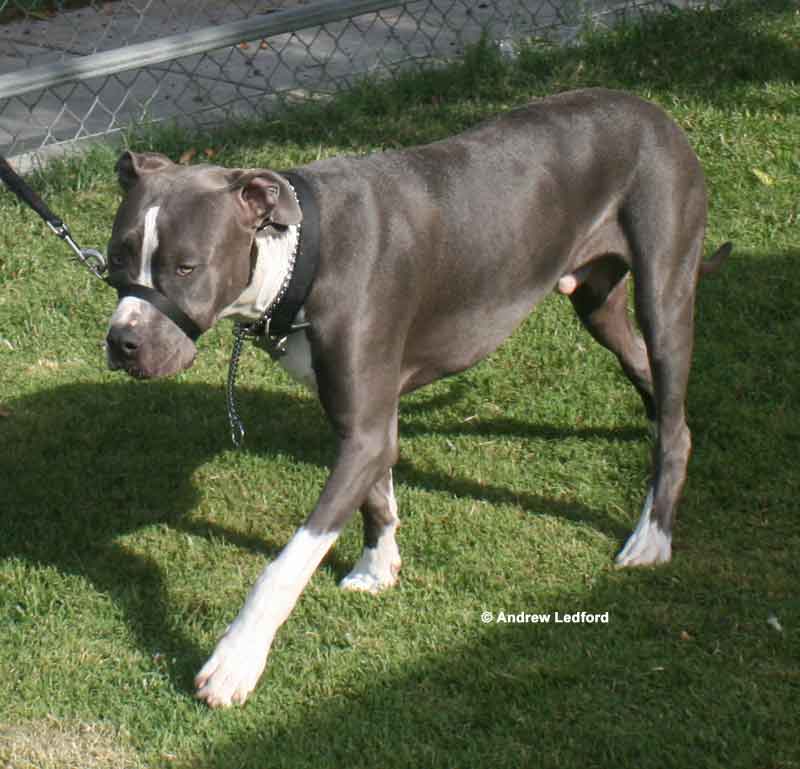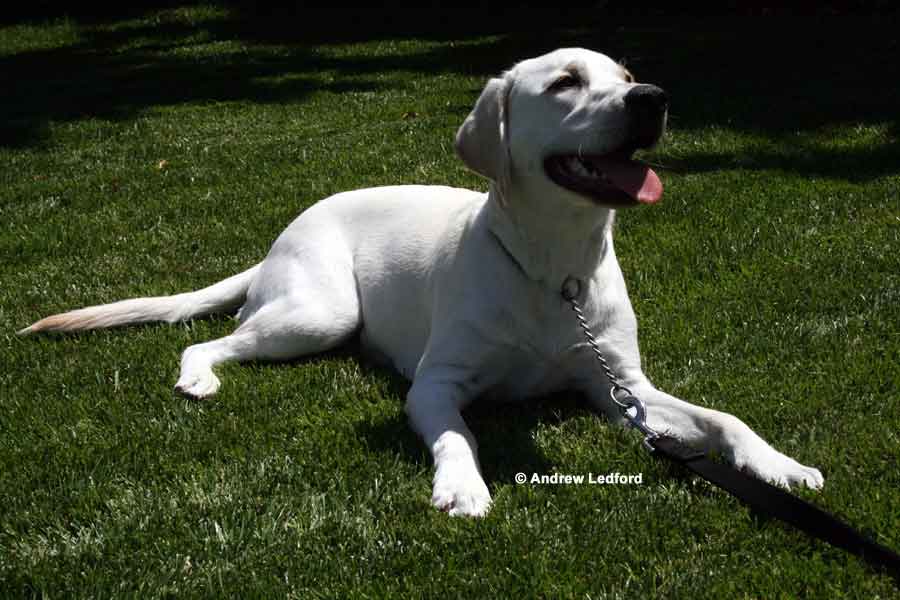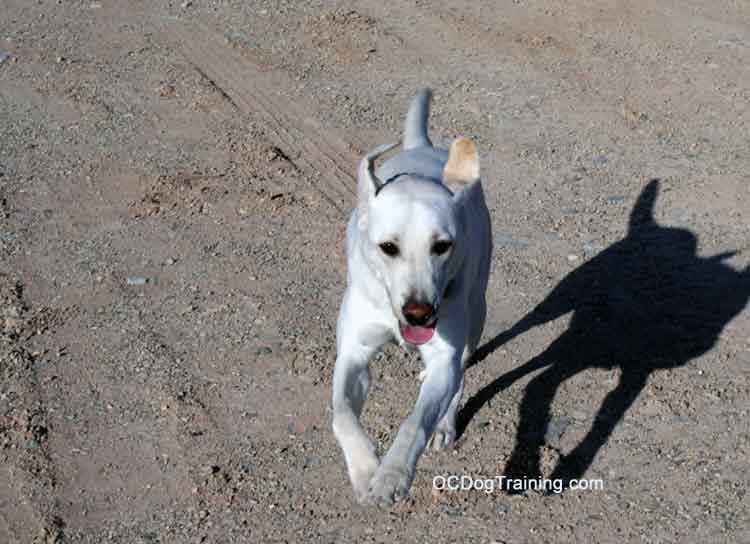Philosophical and Social Implications of Dog Training in Society and on Communities
I started this article for a new project I am working on. As I was writing, it occurred to me that pet owners and others may benefit from some of the information.
Let me start with a synopsis of my bio. I first started training when I was around 11 years old. In high school I was fortunate to train with William Koehler. After high school I started training dogs in Long Beach and Paramount California. I worked for several security companies and even managed one when I was around 19 or 20. I have trained police dogs and dogs for television and film. In the early 80s I started doing positive reinforcement training using food. At that time training with food was very much discouraged by most dog trainers. In the mid 80s I had a cable TV program and I have written two books.
The Benefits Of Dog Training

Dog training can teach people how to better manage behavior. While we are learning about managing our dog’s behavior we are also learning about managing behavior in general. The style of training used will orient a person towards different aspects of behavior management. A soft style of training will teach soft styles of getting behavior. A hard style will encourage a more straight to the point hard style of behavior management.
While these two styles of behavior management can be thought of as opposites, they each contain a bit of the other. I like to think of each style a bit like the concept illustrated in the yin yang symbol. Even in the black there is some white and in the white there is some black. One training style can be thought of as feminine and the other masculine. It is good to know about each style of behavior management, even if you prefer one over the other.
If you prefer the soft style of training, that’s great. For society to evolve, the soft style is probably going to be the one that leads toward survival of our species and the world. If you prefer the hard style that can be good too, others will appreciate your ability to take control and lead as well as value your effectiveness. We need to understand that we live in a culture that’s ruled by the hard style of behavior management. When navigating life we need to be aware that our culture relies on primitive and punitive rules more than on love and acceptance. I also enjoy history so let me make an observation and comparison about this in relation to the prevailing religion in the United States.
Religion controls lot of our behavior so I think it’s appropriate to mention it in this section. The moral rules that govern society are more in line with a 4th century army general = Constantinian, than the Christianity taught by Christ. While Christ could be aggressive such as when he gave exploitive bankers a thorough whipping, he was primarily an advocate and promoter of the soft style of behavior management. As world cultures continue to mature those working toward a just society need to refine and integrate soft styles of behavior management while navigating a world controlled by the hard. Training with a reinforcement oriented system can show us the way to a better world.
Responsibility and Dog Ownership.

As I have mentioned in my Book “Best Friends Learning Together” I think dog owners need to be more responsible that other citizens. We need to set an example and be at the forefront of keeping dogs a socially acceptable part of our culture. This is an area that encompasses the larger culture we live in as well as the micro dog cultures we inhabit. As B.F. Skinner alluded to, we all come under the control of our culture. We need to make sure there are positive dog cultures out there to support the further development of dogs and humanity.
Just as animal rights initiatives have changes social norms so too will new forms of dog training. It is very likely that rules from dog training will play an important role in the development of our nation’s cultural. The foundation for these changes were made in the 50s and 60s, but putting them into practice is easier said than done. I believe many of these practices will start in dog sub cultures, then work their way into the larger national culture. The difficult part will be for the positive dog cultures to not become the thing they want to replace. This is an interesting phenomena that occurs when groups begin to feel self righteous. It can be observed not only in people but to some degree in animals too.
What behavior is essential for being a good neighbor?
One practice that makes dogs more socially acceptable and helps to safeguard the health of others is picking up after our dogs. If we expect others to accept our pets we need to be good neighbors and make sure our dogs are not a nuisance. Training your dog can also help by ensuring the dog in your care has good manners when in public. Dog training will also decreases the chance a dog will be aversive or disrupt neighbors when it is at home as well.
Dog Ownership And Public Health
Dog owners can play an important role in public health. The whole adopt from a dog pound movement was really in response to a government problem that started as a solution to a public health policy. When the government decided to remove dogs from their natural environment and impound them they created several other problems. You need to understand that caring for and housing a lot of dogs cost a lot of money. Impounded dogs also created a big public relation problem. It turns out the public was not happy with dogs being scooped up and killed in mass. To solve these problems local governments used animal rights groups to promote cost reduction spay, neuter, and adopt programs. People who are interested in animal welfare have an incentive to help the animals and local governments have a huge incentive to save money. Putting the blame of overcrowded dog pounds and the killing of impounded dogs on others has also helped solve some of their Public Relation Problems.
As a society we need to be careful with our animal control policies or we’re likely to create some undesirable long term side effects. Many of these policy changes have roughly paralleled a PR strategy to change the term dog pound to the euphemism animal shelter. But I believe a rose by any other name smells the same. Over the years it has been very interesting to watch animal control policies develop. It’s also insightful to observe how other countries are addressing the same issues.
When the government’s response to animal centric health issue collided with public sentiment we see the impact dogs can have on culture. However, I believe it’s economics more than anything that’s helping to change the dog pound system. Official policies and public sentiment both have positive and negative effects on our dog populations. Depending on future policies some of the negative effects could be very long lasting. The positive effects can also be long lasting. Hopefully the positive benefits will not be drowned out by the punitive nature of society.
Zoonotic Diseases
Zoonotic diseases are animal disease that can be transmitted to humans. While most people don’t think too much about these, there are some that need to be considered. There are also new diseases evolving the capacity to cross the species barrier all the time. Developing an awareness of zoonotic diseases and good animal husbandry practices plus good hygiene will allow pet owners to be part of a public health solution. There is a growing movement called the One Health Initiative that I think all people should be familiar with.
The One Health Initiative.
This is the wikipedia.org definition of One Health
One Health has been defined as “the collaborative effort of multiple disciplines — working locally, nationally, and globally — to attain optimal health for people, animals and the environment.”
Many of the serious diseases of humanity are those that started in animals and crossed the species barrier to humans. I think one of the biggest reasons to be proactive with our animals is to make society better for both people and animals.
The single most important precautions dog owners can take to keep society safe while safeguarding their dog’s well being is to properly vaccinate their dogs.
Social And Cultural Implications of Dogs In The Community.

Well behaved dogs have a cohesive effect on local communities. Where anti social dogs tend to have a disruptive effect on the community. This was clearly illustrated with a trip I recently took to a local park. I had a very amiable dog and another person at the park had an out of control and very aggressive dog that they could not handle. The aggressive dog made it so I had to leave the park and I’m sure other people with dogs left soon after I did. That one irresponsible dog owner disrupted the tranquility of every dog owner who was visiting the park. In fact this one out of control dog had the potential to disrupt the lives of the whole neighborhood. I’m sure it also intimidated many non dog owners too, especially those with small children. In contrast my dog was happy to see other dogs as well as people and encouraged positive social interaction with people.
As people see each other in the neighborhood on a regular basis they get to know each other. This begins to form the network that is so important for a sense of community. I would venture to say that in general people who walk their dogs on a regular basis know more of their neighbors than those who do not have dogs. Those who walk their dogs also know the neighborhood better and can tell you about the condition of the neighborhood and what kind of people live in the immediate area. We also know about safety issues, park activities, if park sprinklers are working properly (a big deal during drought in the south west) and who the homeless are and when they’re at the park. Dog owner/walkers are the eyes and ears of the neighborhood.
Getting back to health, walking a dog has many health benefits. Walking the dog is a great way to encourage not only more social engagement within the community, but also a way to improve the health of the community. I know many people with diabetes who are suppose to do more walking. They tend to enjoy walking more if they have a well behaved dog to share the walk with.
Teaching about responsible pet ownership also improves the quality of life in a community by helping to control nuisance dog behavior and can provide guidance for long term harmony between animals and people, which ultimately impacts both public safety and public health.
By studying dogs we can get a better picture of natural systems. When we understand natural systems we will be able to make better decisions. Making good decisions about natural systems helps create well planned policies that have long range implications.



